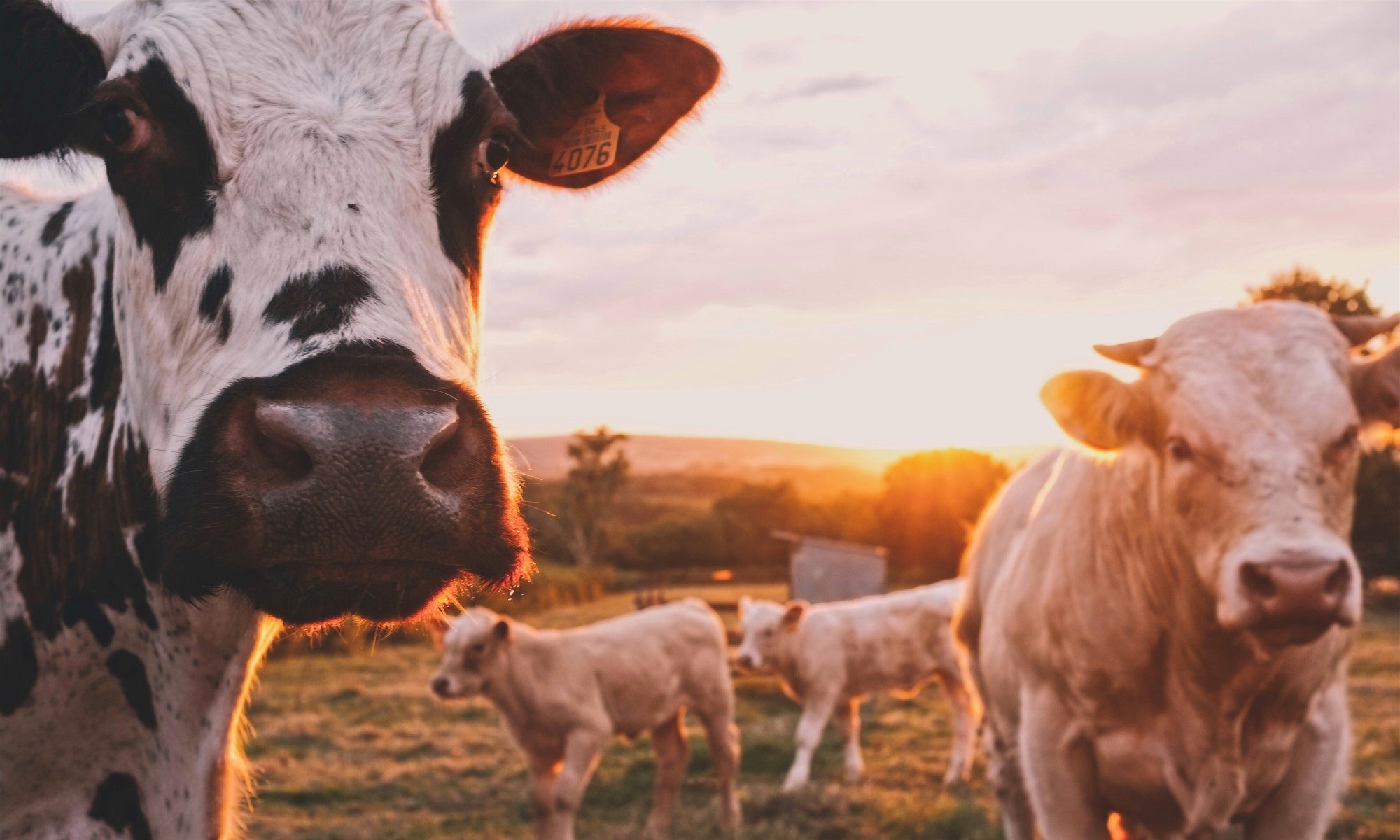In ground irrigation systems received the term " on the ground" because the system is tucked in the surface. The pipes, sprinklers, and valves are hidden, landscapes look cleaner and better in the absence of garden hoses or any other items that should be transferred around manually. An irreversible inground irrigation system makes handling your house more relaxed. Assembly is simple and utilizes common tools. That is the reason why an inground system appeals to property owners. Farm Irrigation Systems
Farm Irrigation Systems like inground eradicate all the anxieties and hassles from watering resulting in the better grass. This method comprises of element parts like water source and piping, controllers, zones, valves, and sprinklers. The part where the sprinkler system starts is called the water source. Farm Irrigation System Supply
This is connected to a pump that pulls the water from a well or even a pond. The water then extends via pipes from the water its source and passes through the valves and to the sprinklers. Irrigation systems are separated into zones, and each zone features a solenoid that controlled via wire by an irrigation controller.
Alternatively, the sprinklers are set up in a manner that the top head eliminates the surface of the ground. Once the water is condensed, the head shows up out of the ground and waters the specified area of the lawn until eventually the valve closes and shuts off. If there's no more water pressure, the sprinkler head extends back to the ground.
Proper installation of the irrigation system is vital. Adopting the recommended ideas will help you in putting up your Yard irrigation systems.
1. Select a qualified contractor who knows irrigation. Each lawn has diverse needs. They differ from one another. You will find lawns that do not need too much moisture. Having a well-informed individual that will help you in the setting up, your plants will receive the actual moisture that best matches their requirements. Farm Irrigation System Installation
2. Map out the sort of lawn or garden that you would like to have. It is a fact that when you want to acquire an irrigation system, a big investment should be used. Properly choose the plants that are suitable for your lawn and sprinklers.
3. Irrigation system must have a warranty for at least two years.
4. Work side by side with your contractor to be able to make a plan that will just be apt to your budget and requires.
5. Gain knowledge about what affects the expense of installment. In installing Underground irrigation systems, one must consider the number of zones, the heads, and rotors, the range of the buried pipe, the installment of valve boxes, as well as the controller. Farm Irrigation System Services
